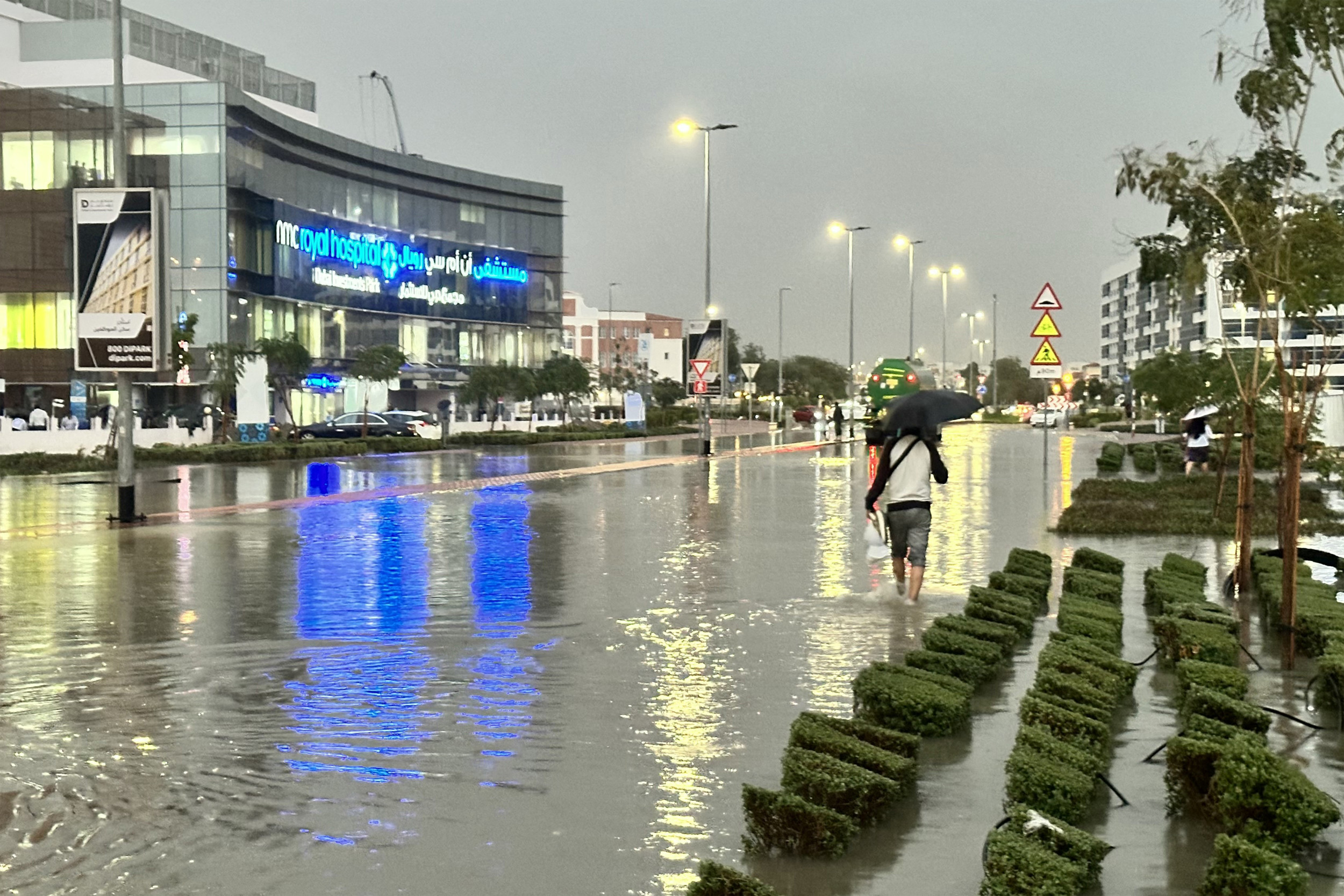
Just as many Germans were leaving the country to embark upon their summer holidays, the country experienced an unparalleled series of violent attacks. All four of the attacks, that took place over six days, were committed by first or second generation immigrants, while two appeared to be linked to Islamist groups.
Germany has since witnessed an intense debate over domestic security policy and refugees. The suggestion of a link between immigration and terrorism puts pressure on Chancellor Angela Merkel, whose liberal immigration policy has seen the country take in one million refugees in the past year.
The German government has reacted calmly to these, with Merkel mounting a staunch defense at a press conference on Thursday of her open-door policy, that resulted in Germany welcome over a million refugees last year. Although commentators have speculated that the recent developments and mood of uncertainty might spark a backlash against Merkel, leaving her vulnerable in next year's federal election, the opposite appears to be true.
The Chancellor's approval rating reached 59 percent, the highest since September 2015, in a poll conducted after the train stabbings in Würzburg. In the same poll, the right-wing populist party Alternative for Germany (AfD) dropped to 11 percent, down from the 15 percent it was polling at only two months ago. Merkel's party, the center-right CDU/CSU union, now has about a third of the vote, and the grand coalition would have won the majority of seats had general elections taken place last Sunday, according to ZDF Politbarometer.
German federal elections will likely take place in September 2017—and this far in advance it is impossible to predict the outcome, but several factors will still be relevant. First, the number and scope of any future attacks could impact on the result. The biggest fear of Germans now is terrorism, and 77 percent anticipate further attacks. But, at least so far, they do not blame the threat on Merkel, but rather seem to find solace in her sober and analytical leadership. Her style contrasts starkly with the "war-against-terror" rhetoric that is currently being espoused by her French counterpart. But the government still needs to convey the impression that it is doing all it can to prevent further attacks. On Thursday, the Chancellor announced a nine-point-plan of measures on domestic security and immigration policy. Swift implementation over the coming months will now be key, while Merkel needs to convey the message of keeping the situation under control.
The second key factor will be whether refugee numbers remain under control. While the majority of Germans helped welcome last year's influx, it was politically important for Merkel to reduce the number of people arriving in the country—that peaked 80,000 per month towards the end of last year.
If numbers stay low and the integration process is well organised, the refugee situation itself in Germany and Europe is unlikely to damage Merkel in the election.
But the security situation in general, and in particular the links being drawn between attacks on civilians and refugees, will be subject to increased scrutiny in the run up to the vote. More violence committed by immigrants, no matter whether the crimes are of an extremist nature or not, would make it much more difficult for Merkel to drum up continued support for her liberal stance.
The final factor is domestic party politics. Over the past weeks, the right-wing populist party AfD has weakened itself through infighting and the more extreme positions adopted by some of its leaders. It will be relevant for its 2017 electoral chances whether the party moves towards a right-wing radicalization, in which case its voter potential is likely to be more limited, or whether it manages to balance playing on the fears of citizens, presenting itself as a viable anti-establishment alternative.
Meanwhile, Merkel is relatively unchallenged within her own party. The main difficulty she faces is in holding the coalition with the Bavarian CSU party together—and with three of the four recent attacks happening in Bavaria, that job just got harder.
What shape a potential future coalition might take is uncertain. Though more than 40 percent of Germans continue to favor the current grand coalition between Merkel's CDU and the Social Democrats, many in both parties, especially within the Social Democrats, wish to avoid this at all costs. More than a year before the elections, it is too early to say which alternative coalitions may emerge. But in Berlin, both a CDU/CSU-Green and a left coalition with the SPD, the Greens and Die Linke are no longer political impossibilities.
Daniela Schwarzer is senior director for research and director of the Europe Program at The German Marshall Fund of the United States .
Uncommon Knowledge
Newsweek is committed to challenging conventional wisdom and finding connections in the search for common ground.
Newsweek is committed to challenging conventional wisdom and finding connections in the search for common ground.
About the writer
To read how Newsweek uses AI as a newsroom tool, Click here.








